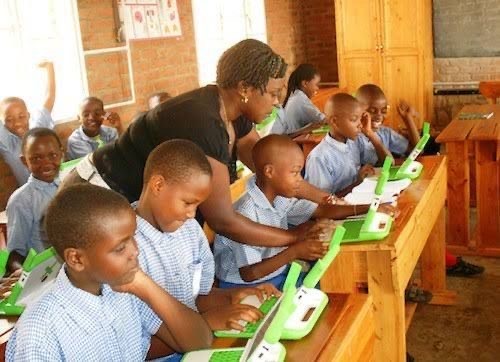The advent of the digital era has ushered in a profound epoch characterized by enhanced connectivity, ubiquitous information availability, and a burgeoning landscape of economic possibilities. However, a pervasive challenge persists across numerous nations, including Nigeria—the imperative of bridging the digital divide. Within this discourse, the topic of internet access in Nigeria emerges as a paramount concern, representing the pivotal key to unlocking the nation’s boundless potential within the expansive global digital landscape.
With a population of more than 200 million, Nigeria proudly stands as the most populous country in Africa. Despite recent significant economic progress, the specter of the digital divide still looms large. The absence of stable internet connectivity remains a significant problem for millions of Nigerians, preventing them from fully participating in the developing digital economy.
Infrastructure inadequacies bear substantial responsibility for Nigeria’s lack of dependable internet connection. The essential telecommunications infrastructure required to provide reliable internet connectivity is deficient in large portions of the country, especially in its remote hinterlands. A significant hurdle to bridging this digital gap is the formidable challenge of constructing and maintaining such an extensive and diverse infrastructural network.

A significant barrier to widespread internet usage is the excessive costs associated with data and equipment. A sizable portion of Nigerians, particularly those in lower socioeconomic strata, find themselves burdened by the cost of purchasing smartphones and paying for data plans. This pricing barrier effectively limits their ability to access essential web services, priceless educational resources, and work opportunities.
In response to this glaring digital disparity, Nigeria has undertaken a series of strategic initiatives. Chief among them is the National Broadband Plan, launched in 2013, with the overarching objective of expanding the reach of broadband services throughout the nation. By offering incentives to stimulate private sector investments in telecommunications infrastructure, this initiative aspires to broaden the horizons of internet access, especially in areas that have thus far remained underserved.
Furthermore, alongside the advancements in infrastructure development, initiatives to enhance digital literacy and awareness have gained significant momentum. These coordinated efforts aim to familiarize Nigerians with the myriad benefits of the internet and equip them with the knowledge and skills necessary for efficient use. By improving their digital literacy, people can more fully harness the transformative power of the internet for seamless communication, business endeavors, and educational enrichment.

Similarly, the collaboration fostered through partnerships between the public sector, the corporate sector, and international organizations plays a pivotal role in the endeavor to expand internet access. These stakeholders join forces to create a collaborative framework that results in cutting-edge solutions surpassing conventional limitations. Notable among these efforts are community-based Wi-Fi projects and initiatives aimed at facilitating the widespread distribution of affordable smartphones. These initiatives exemplify the potential that can be unlocked when various sectors coordinate their efforts to bridge the digital divide.
In its ascent, mobile internet has become a vital driver in Nigeria’s unwavering pursuit of increased connectivity. The utilization of mobile networks for internet access has evolved into a clever and practical solution, surpassing the critical milestone of a 90% mobile phone penetration rate. Mobile data plans have ushered in an era of enhanced accessibility, extending internet connection to a broader and more diverse audience, often at more affordable rates than their fixed-line counterparts.
Nevertheless, the landscape is not without its challenges. The specter of internet censorship and encroachments upon the cherished realm of online freedom of expression presents a palpable concern in Nigeria. Striking a harmonious balance between the imperatives of a secure online environment and the preservation of the cherished tenets of free speech forms an enduring conundrum, demanding meticulous deliberation and conscientious calibration.
In Nigeria, having access to the internet is essential for the socioeconomic development of the nation. Issues related to infrastructure, cost, and computer literacy persist. Investments in infrastructure, digital education, and stakeholder cooperation are imperative to close the digital gap. With focused efforts, Nigeria can fully leverage the advantages of the digital age, ensuring that every citizen can participate in the global digital economy.
Sources
- https://support.google.com/websearch/answer/9351707?hl=en-NG&visit_id=638320146499621097-3488027725&p=featured_snippets&rd=1
- https://www.researchgate.net/publication/362208863_Bridging_the_Digital_Divide_in_Nigeria
- https://www.academia.edu/11743575/Bridging_the_Digital_Divide_The_Nigerian_Journey_So_Far




